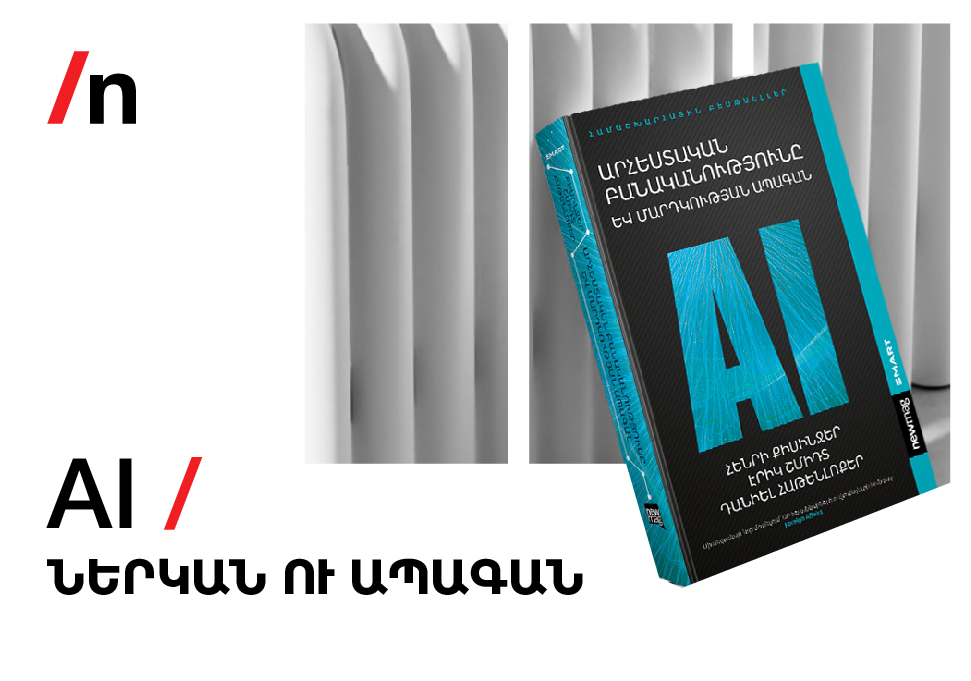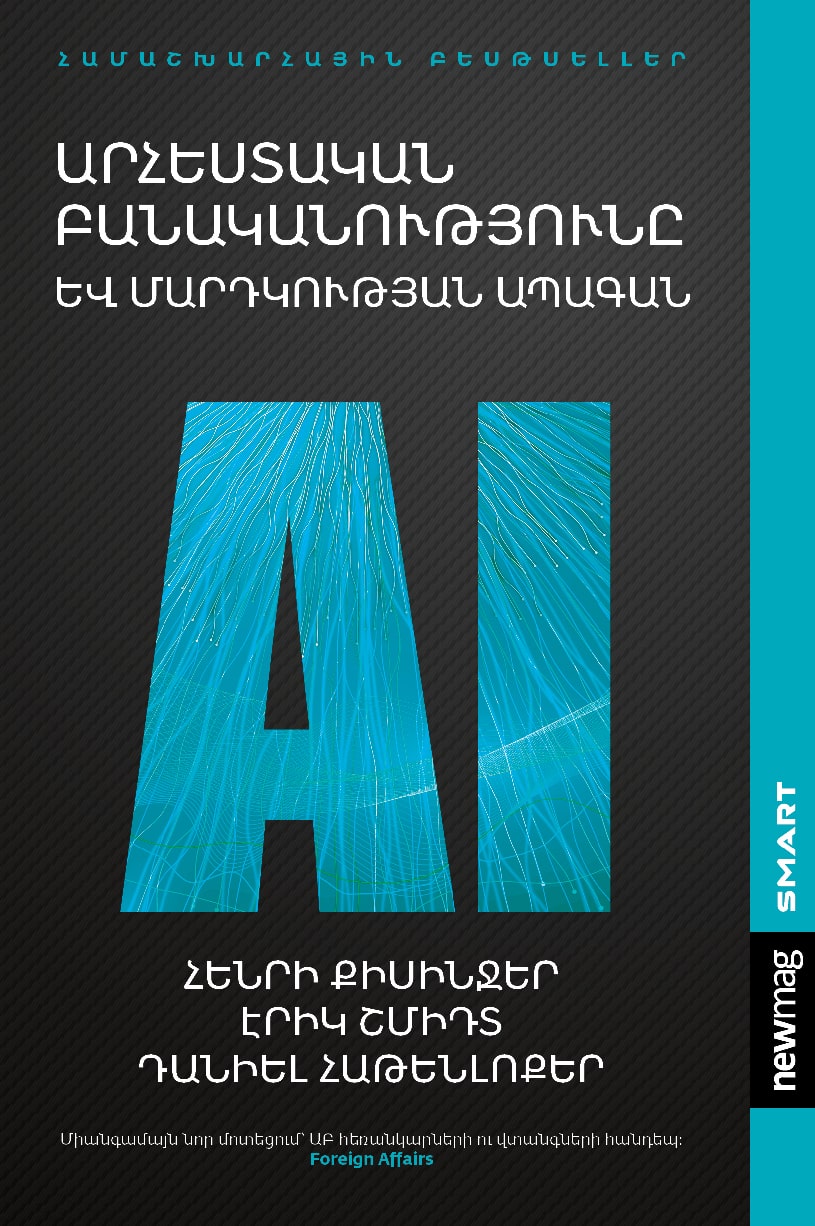A book that will reveal the present and future of AI (video)
10/24/2024

The authors of
Just five years ago, one of the book's authors almost walked out
of a transatlantic conference on artificial intelligence because he found it
uninteresting. However, they convinced him to stay, and that led to the idea of
writing the book.
In an effort to address the Vietnam War, Nobel Peace Prize
winner and former Secretary of State Henry Kissinger, former Google CEO and
Chairman Eric Schmidt, and the first dean of MIT's Schwarzman College of
Computing, Daniel Huttenlocker, jointly created the book "The Age of AI: And Our
Human Future".
AI promises epoch-making changes in society, the economy, and
both domestic and foreign policy, but at the moment, no one can say what will
happen next. This is precisely what the authors analyzed, contemplated, and
wrote about.
The book explains what artificial intelligence is, outlines
expected innovations in healthcare, biology, space exploration, and quantum
physics, and discusses the changes that may occur in human relationships and
even in child-rearing.
Mankind has always dreamed of an assistant— a machine capable of
performing tasks just like a human. As machines increasingly take on tasks
previously done only by humans, we must ask: what will define our identity as
human beings?
Humans have traditionally viewed themselves as the central
figures in existence. We are now entering an era where we are increasingly
entrusting one of our own creations—artificial intelligence—with tasks that we
used to perform ourselves.
The results generated by AI often exceed those of human
intelligence, calling into question what it means to be human. Moreover, AI has
the ability to learn and evolve, enabling it to perform complex tasks that
until now only humans could accomplish.

Henry Kissinger
Eric Schmidt
Daniel Huttenlocker
5800 ֏
Description
What a person does in a few hours or days, in some cases even a lifetime, an AI can do in a few minutes, even seconds. Artificial intelligence permeates all areas of our lives: transportation, industry, medicine, commerce, finance, education, law. Human civilization is in a qualitatively new era of transformations and historical development, the 4th industrial revolution. Artificial intelligence fundamentally transforms people's way of life and perception of the world, reshapes the labor market.
Scientists hope that thanks to artificial intelligence, we will be able to solve global problems: find cures for deadly diseases, overcome the low level of education in some regions, explore the oceans and space. But the use of a generative neural network can also have negative consequences, since many of its work processes are incomprehensible to humans. The authors of the book discuss the possibilities and problems of artificial intelligence. They explain radical historical changes, the perception of the world and our role in it.
This book will help to understand the present to assess the future impact of artificial intelligence.
Read also

Winterfest to feature David Georgyan’s sci-fi action novel Impedance (trailer)

At Winterfest 2026, Newmag will present Marianna Hakobyan’s “Don’t Change the Names” (trailer)

Closing and Award Ceremony of the “Sprout in Armenian – 2025” Competition at Newmag Winterfest

“I hope my story will inspire many and help them keep believing and dreaming.” Henrikh Mkhitaryan’s welcoming speech to Armenian fans (video)

